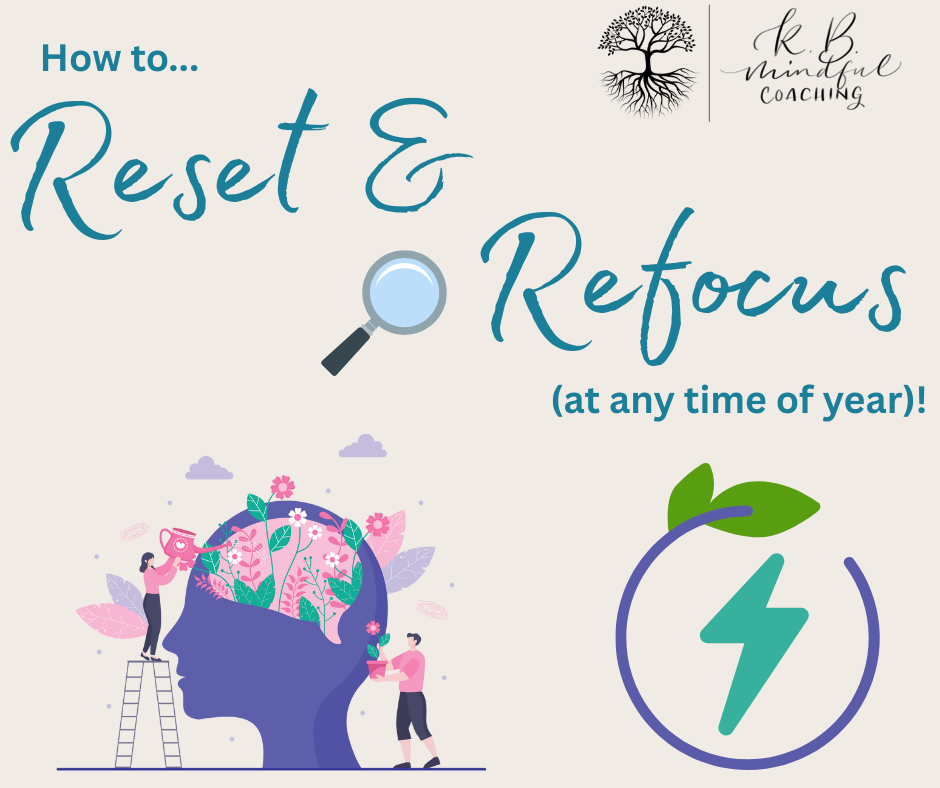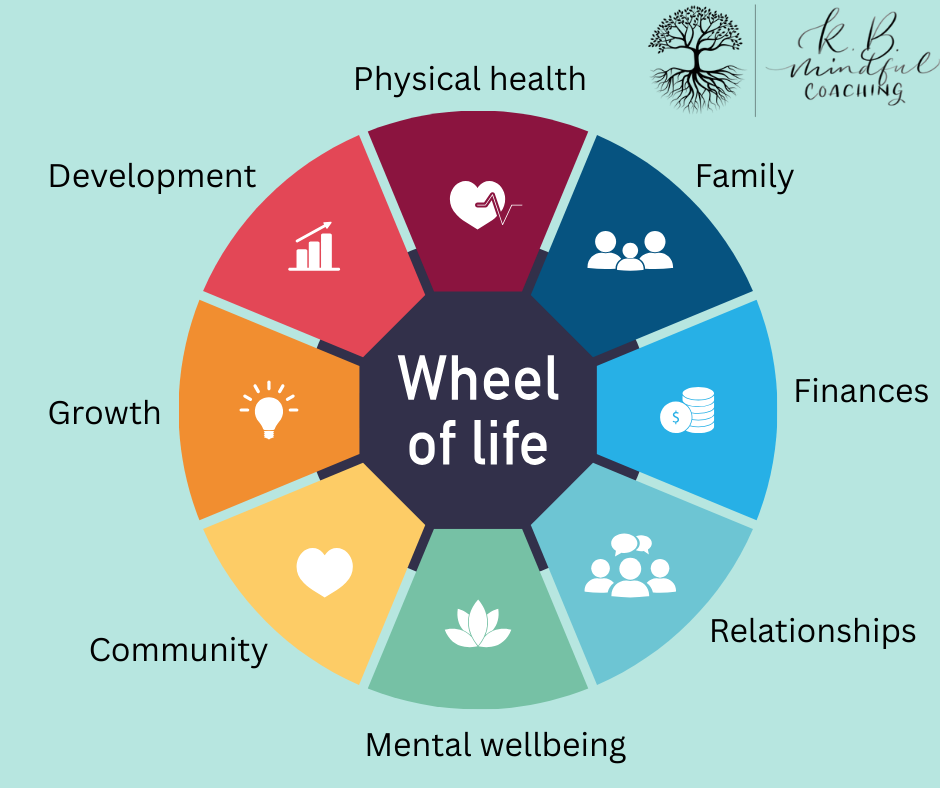Can you find happiness?
- Kathryn Ball

- Sep 26, 2025
- 4 min read
As you may expect, I don’t think there is a simple answer to this question! However, I do think there is more in favour of a positive response to the idea of finding happiness than a negative one, if we approach it in a helpful way.

I think we can universally agree that most people want to be happier in some way (however that may manifest itself). So herein lies part one of the puzzle – what brings happiness to you may be different to someone else.
Then there is also your individual predisposition to respond in a certain way to events in your life, your circumstances, relationships and expectations etc. Add to this your current emotional state (variable), and your level of happiness will be affected. So if it is this complicated, how on earth do we try and find happiness?
What even is ‘happiness’?
An excellent question. We know we want to feel it, but what exactly is it?!
One view is that it is something along the lines of positive emotions connected to things we enjoy (whether that’s an activity, time spent with someone, and so on). But we aren’t always going to feel positive emotions during the day, negative ones are likely to feature too. Does this mean we are unhappy? Not necessarily.
Professor Arthur Brooks offers the view that emotions are just information about the outside world (e.g. a reaction to a threat, or something we love). His view is that happiness consists of enjoyment, satisfaction and meaning – but even these definitions can get complicated (you can view / read more about Arthur Brooks’ thoughts on happiness here: https://www.youtube.com/watch?v=cJOi5z2IoG8 and https://www.forbes.com/sites/timmaurer/2023/04/23/the-happiness-equation/ and there are also interesting articles on Psychology Today and Positive Psychology if you want to dig even deeper.
A formula for happiness?
There isn’t therefore a universally agreed formula for happiness that we can try and arm ourselves with and work out the solution for (sorry!), even if there are quite a few suggested ones out there. The truth is, the quest for happiness is complicated, and conversely the pursuit of it can make us unhappy. There is also what may bring us ‘in the moment’ happiness v longer term happiness, and a school of thought that we all revert to a baseline of happiness. So there is an awful lot on this subject!
To keep this blog manageable, I’m going to focus for now on one way I think we can approach this topic helpfully and in a more simple usable way, and it is to acknowledge ‘the happiness gap’.
The happiness gap
I heard on a podcast last week something that has really stuck in my head – that our happiness is affected by the gap between our expectations and reality. The wider the gap, the unhappier we are.
Whilst the podcast was specifically about our approach and feelings regarding money and financial wealth, I am confident we can apply this concept to other areas of our lives too. Think about it for a moment, imagine you are doing ‘better than you expected’ at something. Another person may actually be achieving more than you in the same thing, but is doing less well than they expected. Whose happiness is likely to be greater?
Our expectations are important! And isn’t it easier than ever now to create heightened expectations for ourselves? I think so. Social media for one shares depictions of success (often filtered or elaborated!) so readily that we can fear we are the ones falling short in not meeting those same levels.
How to narrow the happiness gap
Here are a few practical suggestions / questions to ask yourself to help narrow the happiness gap:
- Check in with your expectations – are they realistic? Are they influenced by comparing yourself to others rather than what you really want? (Ask yourself instead ‘what is enough?’)
- Accept that some expectations you have may seem entirely reasonable - but just aren’t always the case in reality, e.g. that if you work hard / show kindness, you will (always) be recognised / rewarded for it. (You can probably think of some obvious low key examples of this right now that don’t have such an impact on your happiness than the larger and hopefully less frequent occurrences, such as you open a door for someone and they just waltz through it without a word!).
- Focus on the effort you are giving rather than just the outcomes you are getting (or perhaps not getting), as well as what you are learning in the experience, is there some enjoyment there too?
- Do you move the goalposts constantly (even without realising) so there is always something to strive for and reaching an expectation is not enough once you’ve got there?
- Do you focus on what you don’t have rather than what you do? Gratitude for what we do have can easily fall by the wayside if we focus on feeling bad about what we don’t have. Sounds obvious but true!
Finally, I thought this quote from Jodi Picoult sums this concept up, pretty well:
‘There are two ways to be happy: improve your reality, or lower your expectations.’
If you know this is something you struggle with, whether it is not even having a sense of what brings you happiness, or having high expectations (that may not even be yours!) that seem a long way from reality, then please do get in touch and we can work through this together – kathryn@kbmindfulcoaching.com. As a qualified life coach, I can support you to unpick these questions (and more) to work out how you may narrow your happiness gap.



Comments